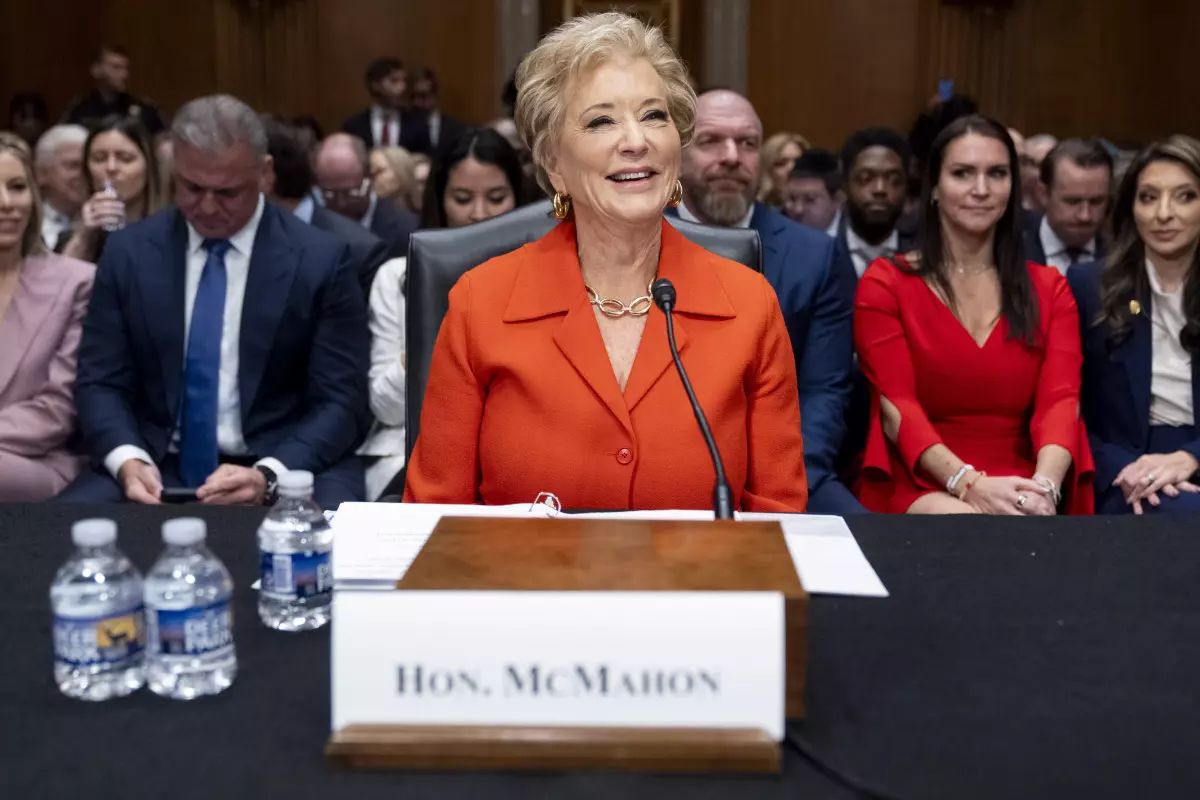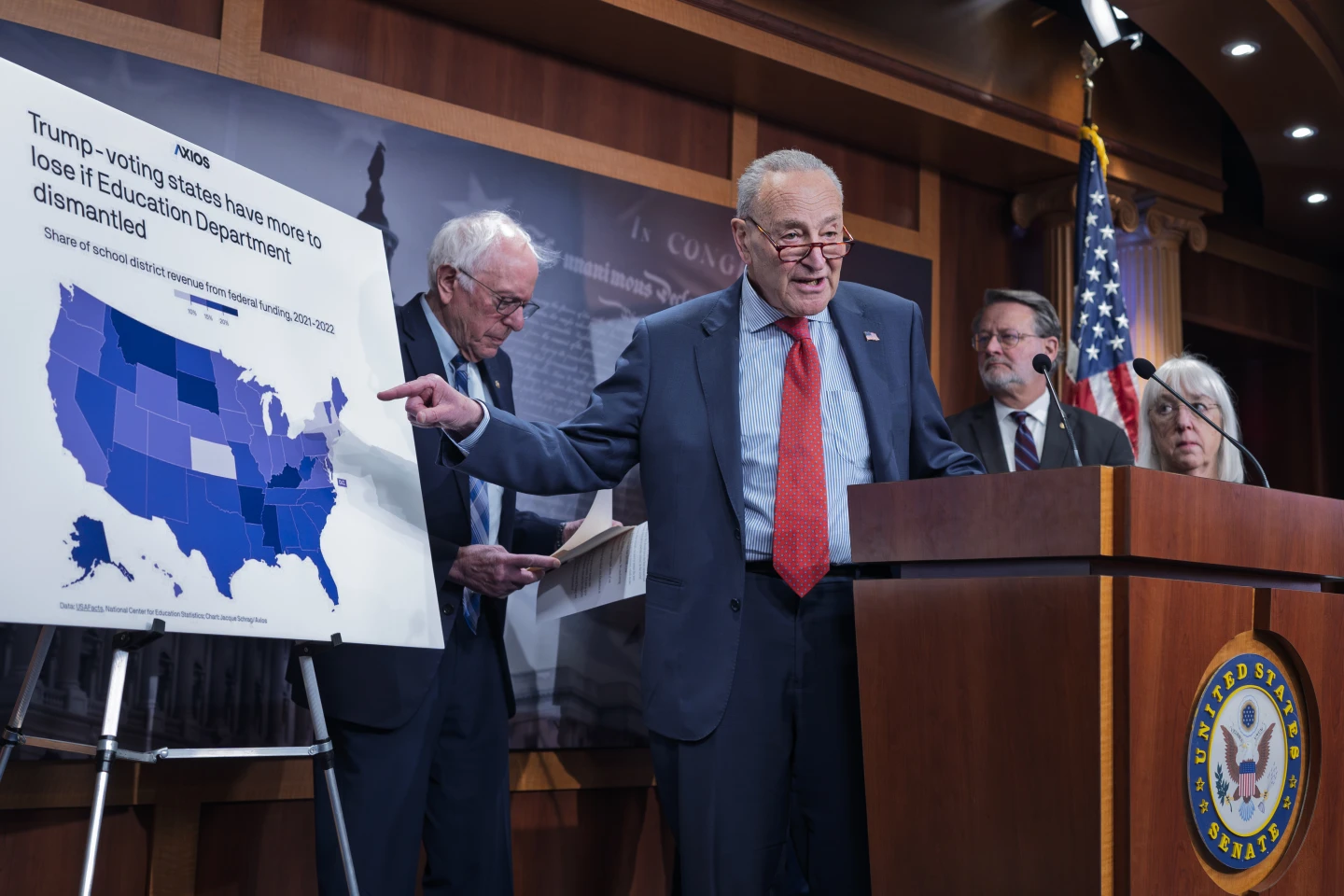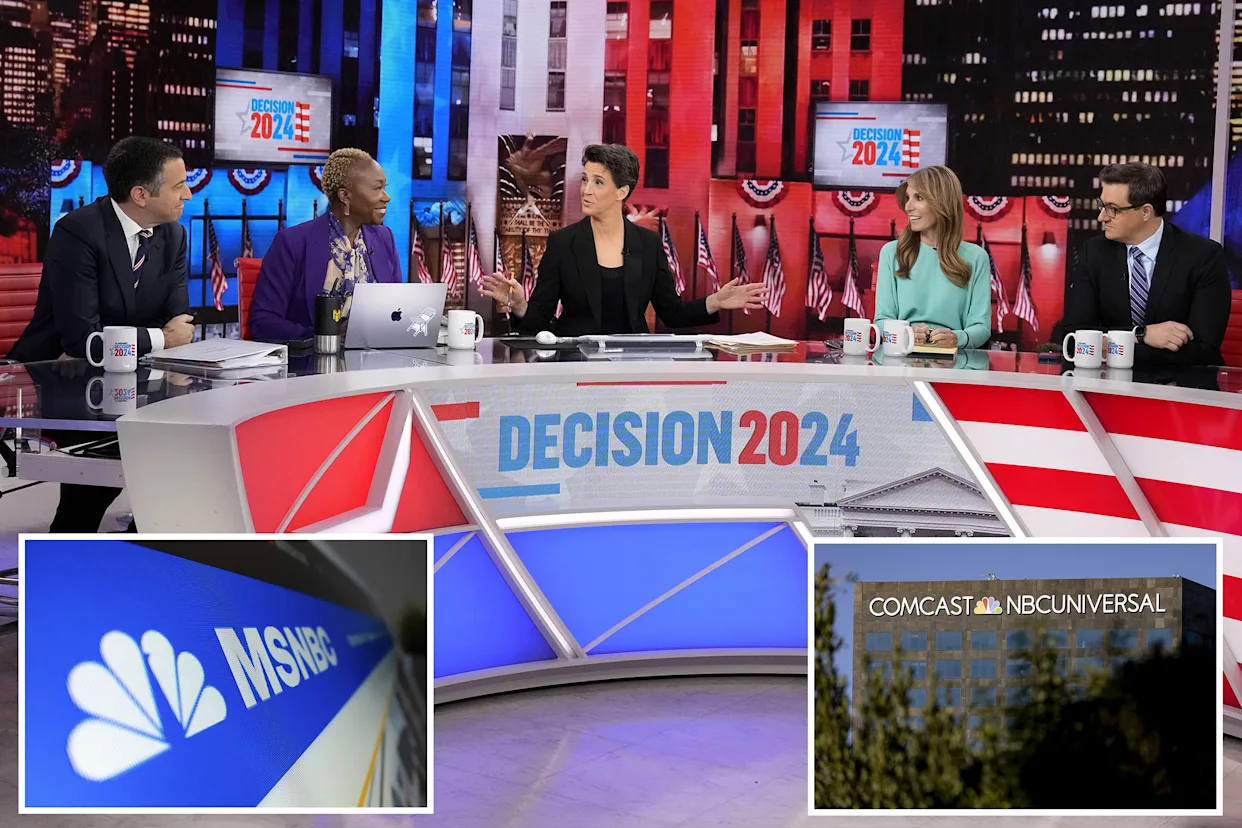
The landscape of American education is constantly evolving, driven by political ideologies, economic considerations, and societal needs. Recently, a significant development has garnered widespread attention: the advocacy for dismantling the U.S. Department of Education. Among the prominent voices supporting this bold move is McMahon, whose endorsement has sparked intense debate across political and educational circles.
The Background: Why Consider Eliminating the Department?
The U.S. Department of Education, established in 1980, was originally created to consolidate federal oversight of education, aiming to promote equality, improve educational quality, and support student success. However, critics argue that over time, the department has expanded beyond its intended scope, often encroaching on state and local education governance. The call to dismantle it is rooted in several core ideological beliefs:
- Decentralization of Power: The belief that education policy should primarily be managed at state and local levels rather than federally.
- Reducing Federal Spending: Concerns over the increasing federal budget allocated to education agencies, with advocates claiming that decentralization could lead to cost savings and increased efficiency.
- Accountability and Innovation: The idea that local authorities are better equipped to tailor education systems to their communities, fostering innovation and accountability without federal oversight.
McMahon’s Endorsement: Insights and Rationale
The Perspective of McMahon
According to recent reports published by McMahon hails plan to dismantle the U.S. Department of Education, McMahon has publicly expressed strong support for dismantling the Department, emphasizing that the move aligns with his vision of limited government interference in education. His reasoning hinges on the belief that state and local governments are better suited to address the specific needs of their communities without federal mandates.
The Arguments Presented by McMahon
- Enhanced State Sovereignty: McMahon argues that education policy should be driven by states, as they are more attuned to local realities, cultural differences, and economic conditions. Federal involvement, in his view, often results in a one-size-fits-all approach that does not serve all communities equally.
- Reduced Bureaucracy and Increased Efficiency: Dismantling the department, according to McMahon, would reduce bureaucratic overhead, cut unnecessary administrative costs, and streamline decision-making processes at the state and local levels.
- Promotion of Competition and Innovation: He believes that removing federal constraints would foster a more competitive educational environment where schools can innovate freely without fear of federal penalties or mandates.
- Addressing Overreach and Red tape: McMahon views the Department of Education as an overreaching entity that imposes unnecessary regulations, stifling creativity and flexibility in local systems.
Criticisms and Concerns Surrounding the Proposal
While supporters like McMahon are vocal, the proposal to dismantle the Department also faces substantial criticism from various stakeholders, including educators, policymakers, and advocacy groups. Their concerns primarily revolve around:
- Equality and Access: The federal department has historically played a crucial role in promoting equal access to quality education, especially for marginalized groups. Eliminating this federal oversight could jeopardize progress made in civil rights and educational equity.
- Funding and Resources: Critics worry that dismantling the department might lead to inconsistent funding across states, with some areas potentially facing severe resource shortages.
- Potential Rise in Disparities: Without federal intervention, disparities in educational outcomes based on socioeconomic status, ethnicity, or geographic location might widen.
- Implementation Challenges: Transitioning responsibilities from a federal agency to state and local governments could be complex and disruptive, potentially leading to gaps in oversight and quality assurance.
The Broader Political Context
The debate over the Department of Education’s future is deeply embedded in the broader ideological conflicts within American politics. Advocates for dismantling it often align with conservative and libertarian ideologies that favor minimal government intervention, whereas opponents emphasize the importance of federal oversight in ensuring standards and protecting vulnerable populations.
Implications for the Future of Education Policy
If the plan to dismantle the Department gains momentum, the consequences could be profound:
- Shift in Power Dynamics: Power would shift from federal agencies to state governments, leading to a more decentralized approach to education policy-making.
- Need for Enhanced State Capacity: States would need to develop their own frameworks for funding, standards, and accountability, which could vary widely across the country.
- Potential for Innovation or Chaos: While some regions might harness local control to spark innovation, others may struggle to maintain quality and equity without federal oversight.
Conclusion: A Contested Path Forward
The proposition to dismantle the U.S. Department of Education, championed notably by figures like McMahon, signals a significant shift toward a more localized and less federally controlled education system. While proponents argue that such a move could lead to greater efficiency, innovation, and state sovereignty, critics warn of increased disparities and risks to educational equity.
Ultimately, whether this plan becomes a reality depends on political will, public opinion, and the ability of state and local governments to step into roles traditionally occupied by the federal government. As the debate continues, stakeholders on all sides will need to carefully weigh the benefits against potential risks to ensure that the future of American education serves all students fairly and effectively.
For more updated news please keep visiting Prime News World.








